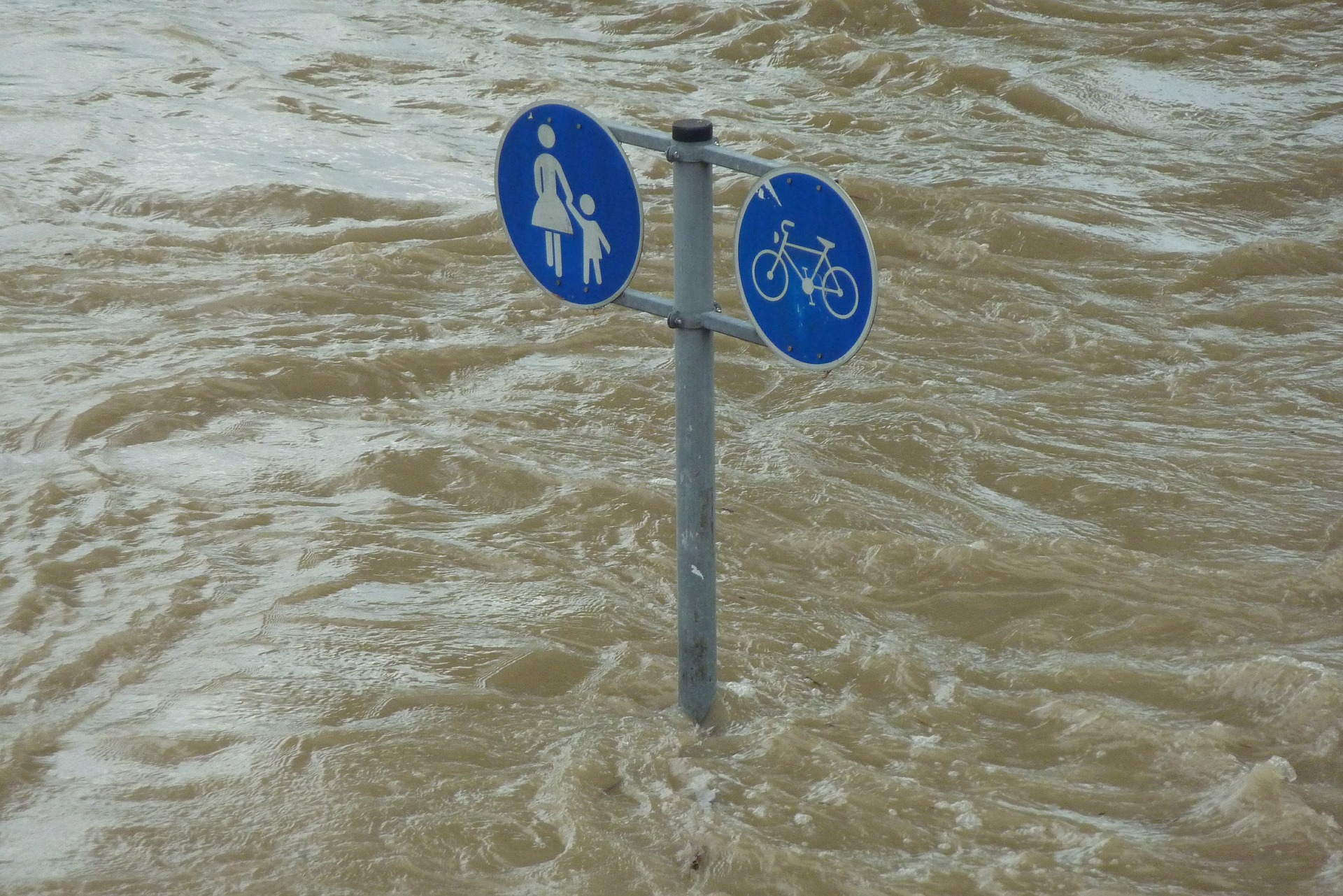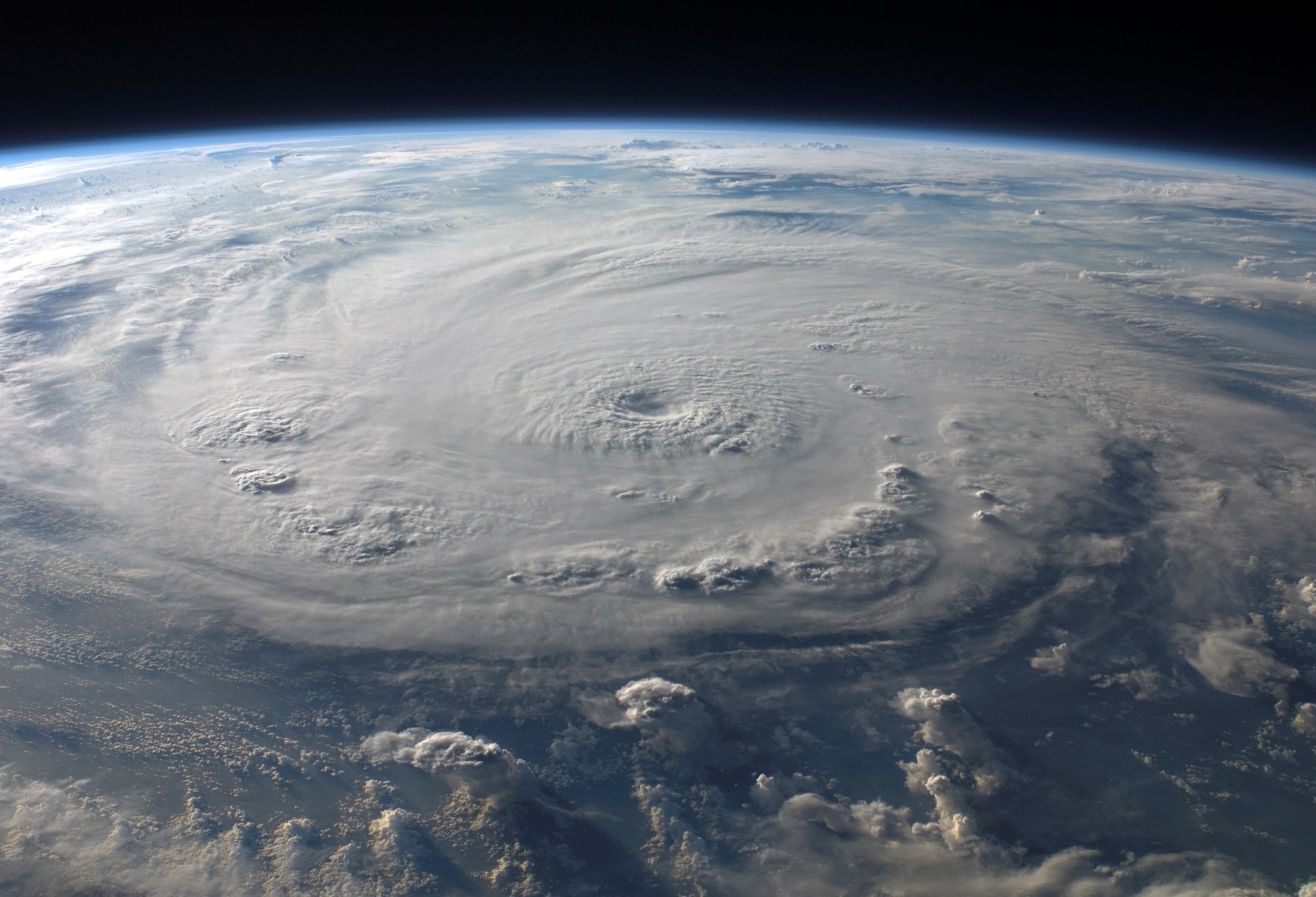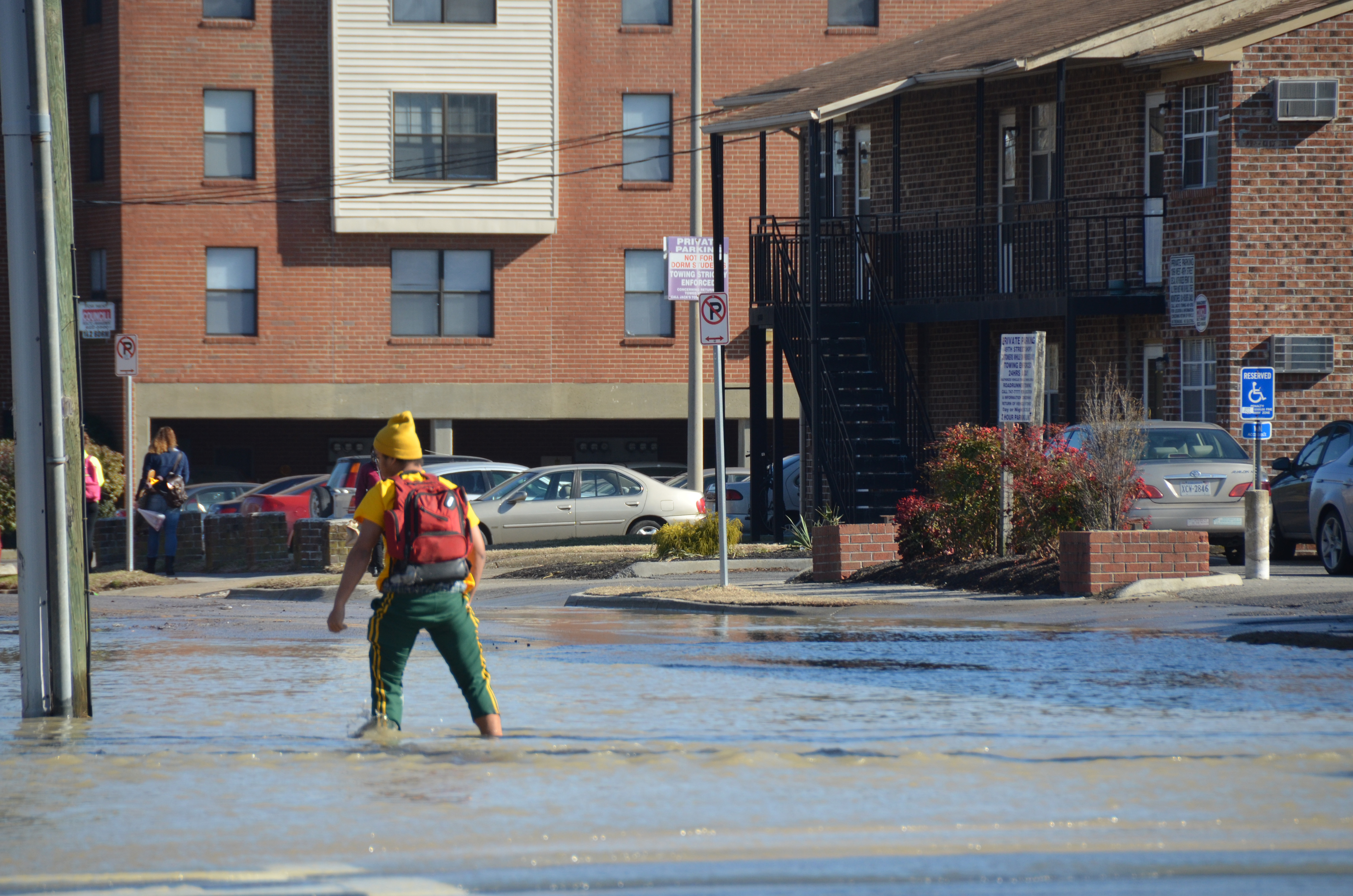VMASC Researcher Examines Why Hurricane Evacuation Orders Are Ignored
September 08, 2017
 Joshua Behr
Joshua Behr
The most powerful hurricane could pose a dire threat to an area and yet some will still ignore evacuation orders.
Joshua Behr, a research professor at Old Dominion University's Virginia Modeling, Analysis and Simulation Center (VMASC), has spent many years examining the reasons behind that decision.
They include a distorted perception of risk, financial vulnerability, feelings of invincibility, medical fragility and the desire to protect property and pets. But ultimately, if a person has the means to evacuate, it's not a wise choice to stay behind, he said.
"If you have a catastrophic event, I don't care how many cans of green beans you have on the shelf -- if you have six feet of water in your neighborhood, you're in trouble," Behr said. "The best thing to do, risk-wise, is to evacuate."
Behr, who is also a member of ODU's Resilience Collaborative, knows firsthand about the consequences of not heeding evacuation orders.
His father-in-law died in 2005 during Hurricane Katrina, one of the five deadliest hurricanes in U.S. history. "He refused to go," Behr said. "His thoughts were, it's never going to happen here." Several other relatives in New Orleans were displaced.
Behr uses storm and other data to develop computer models that simulate potential storm scenarios in order to identify challenges and develop solutions.
The VMASC researcher said Hampton Roads is not prepared for a large evacuation, and the area doesn't have enough shelters to accommodate people who would stay. A dangerous storm would pose other significant risks, he said.
"There's a huge chunk of our population that are on portable medical devices, and those have to be charged after some time. If there's no electricity due to a severe storm, you can't do that," he said. "The area also has a lot of businesses that are toxic waste producers, which poses a public health concern if there's flooding."
When weather gets dangerous, Behr advised residents to spread awareness and look out for others.
"We talk to a lot of households, and they ask what can I do? The number one thing you can do is to 'love your neighbor.' Identify someone who is vulnerable, and take responsibility when a storm is approaching to make sure they have a game plan. That's the biggest thing that will help this region, and it costs nothing."




